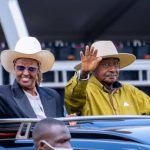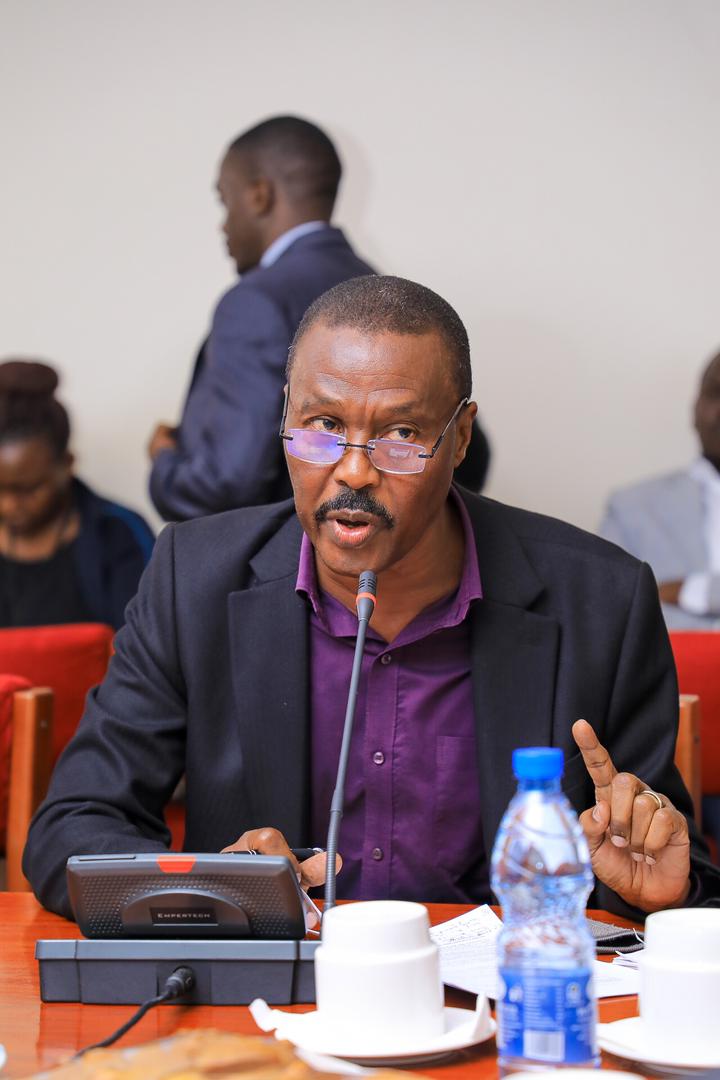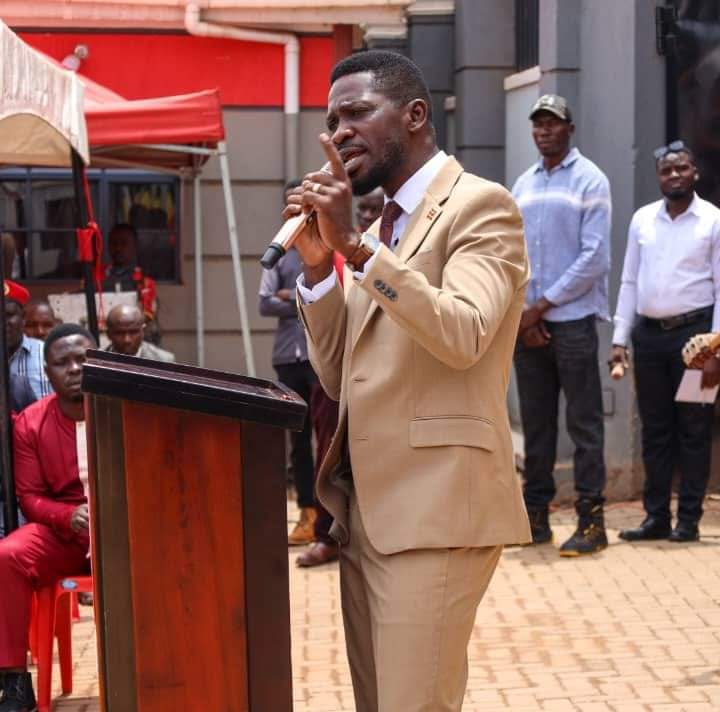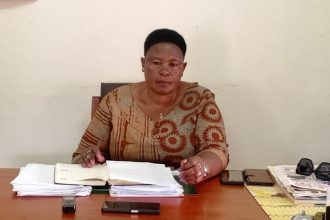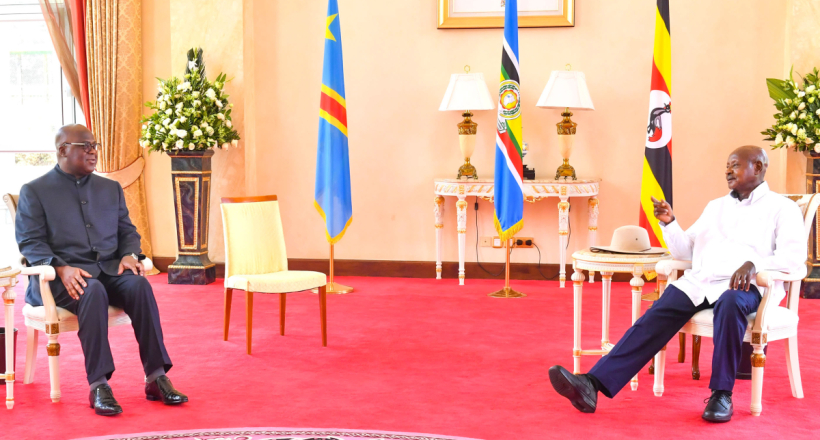The National Resistance Movement (NRM), once celebrated as a revolutionary force in Ugandan politics, has shifted into a vehicle primarily focused on maintaining President Yoweri Museveni’s prolonged hold on power. This shift has stirred significant debate, particularly among Ugandans who question the direction of the country’s political governance under Museveni’s extended rule.
Since seizing power, Museveni and the NRM have maintained a dominant presence, winning successive presidential and parliamentary elections. However, Kira Municipality MP Ibrahim Ssemujju Nganda argues that the NRM has gradually lost its democratic essence, transforming into a tool of political survival for Museveni rather than a party committed to serving the broader interests of Ugandans.
Ssemujju’s views echo those frequently expressed by opposition leaders and civil society organizations, who claim that Museveni has systematically dismantled the internal democratic structures of the NRM. They point to the sidelining of dissenting voices, the removal of constitutional term and age limits, and the erosion of internal party processes as evidence of Museveni’s consolidation of power.
The NRM, however, maintains its stance as a political organization working toward Uganda’s development. Despite this, the narrative continues to grow that Museveni’s influence has fundamentally altered the party’s purpose, leaving its future in doubt.
The evolution of the NRM from a political party to a vehicle for one man’s continued rule is a worrying development. It casts a shadow over the state of democracy in Uganda and raises serious concerns about the future of political opposition in the country.
For Ugandans, it is crucial to engage in open, candid conversations about the future of governance. Only through sustained dialogue can a more inclusive and sustainable political environment be achieved, ensuring that Uganda’s political landscape remains vibrant and democratic.





